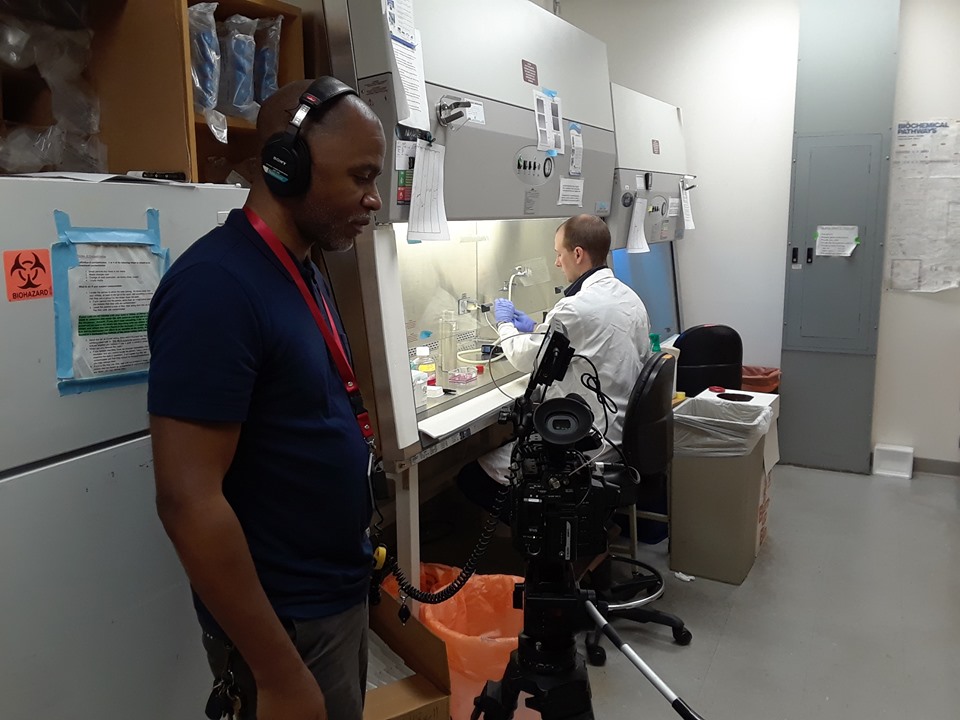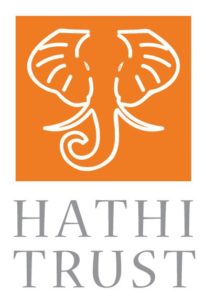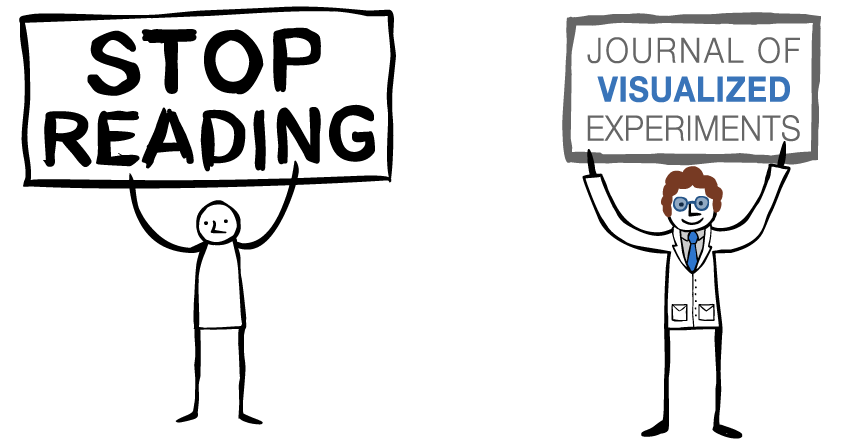
Protocols—also known as methodologies, procedures, techniques, or experiments—are invaluable and popular resources for anyone involved in scientific research, bench work, grant writing, and/or research project planning. Protocols provide practical guidance by describing the design and implementation of a scientific experiment. The foundational information found in protocols is indispensable for fostering standardized research methods and reproducible results.
Protocols offer many benefits, such as:
- Save time by accessing highly tested, peer-reviewed techniques and procedures from some of the most established books and journals in your field
- Stay up-to-date with the latest cutting-edge methods
- Accelerate scientific discovery by accessing the most reliable protocols in the various scientific disciplines
- Ensure reproducible results, safeguarding and validating research results
- Utilize step-by-step guidelines and troubleshooting tips from authoritative, reliable sources
- Avoid reinventing the wheel
The Library provides online access to many popular protocols resources. Most individual protocols articles appearing in these resources are indexed in PubMed/MEDLINE and Embase. Here are a few major protocols options currently offered by the Library:
- Cold Spring Harbor Protocols – This resource continues the renowned Cold Spring Laboratory’s long-standing practice of providing trusted, step-by-step laboratory techniques, covering cell and molecular biology, genetics, bioinformatics, protein science, and imaging.
- Current Protocols (Wiley) – Creators of the standard protocol format over 30 years ago, this long-standing, “gold standard” offers rigorously reviewed and curated protocols in fields such as molecular biology, microbiology, and stem cell biology.
- JoVE Journal of Visualized Experiments – This scientific methods video journal publishes protocols articles along with detailed videos of laboratory procedures for novel methods, innovative techniques of existing techniques, and gold standard protocols for the life and physical sciences.
- Methods in Enzymology (Elsevier) – This is one of the most popular and heavily used eBook series offered by the Library, with complete full-text access back to volume 1 (1955). These critically acclaimed, individually themed volumes have served as one of the most highly regarded life sciences standards for more than 50 years, covering research methods in fields such as biochemistry, microbiology, cancer research and genetics.
- Methods in Molecular Biology (part of the SpringerProtocols database; click on “Protocols” link) – This respected series offers step-by-step protocols, tips, tricks, shortcuts, and troubleshooting advice in the more than 2,000 MIMB volumes. MIMB is a standard resource in labs throughout the world with each volume providing focused, in-depth coverage on a specific sub-discipline. Online access to MIMB is now part of the SpringerProtocols database, which combines MIMB and other high quality laboratory protocols in biomedicine and the life sciences.
- Springer Nature Experiments – SpringerNature developed this specialized search tool for researchers by researchers. It searches more than 60,000 references from the SpringerProtocols database, Nature Methods, Nature Protocols, and Protocol Exchange (open repository for scientific research protocols). Advanced search options allow filtering by technique, video availability, publication year, article category, etc. to identify relevant content more quickly. While this tool is freely available, UT Southwestern affiliates benefit with direct access to the Library funded full-text articles from the SpringerNature suite of resources.
For assistance with these tools or other reference inquiries, please contact us. We’re here to help.





 As a member of The University of Texas System Digital Library (UTSDL) consortia, the UT Southwestern Health Sciences Digital Library and Learning Center now has online access to the
As a member of The University of Texas System Digital Library (UTSDL) consortia, the UT Southwestern Health Sciences Digital Library and Learning Center now has online access to the  UT Southwestern is now the newest participant in the partnership between
UT Southwestern is now the newest participant in the partnership between 
